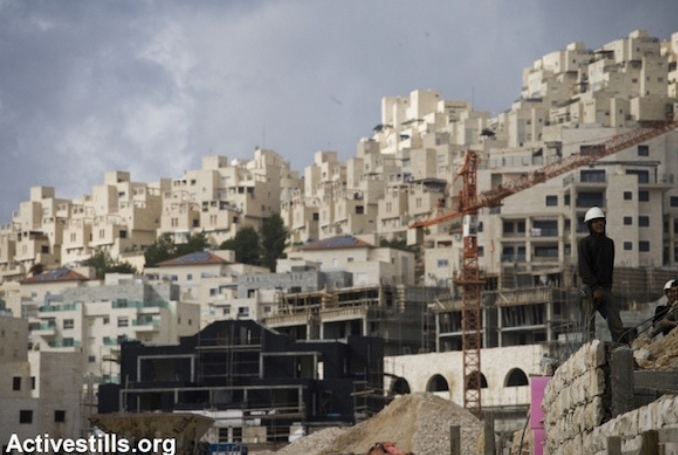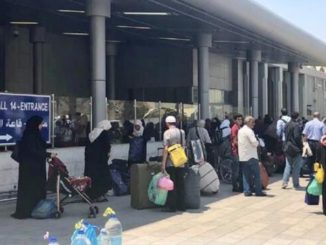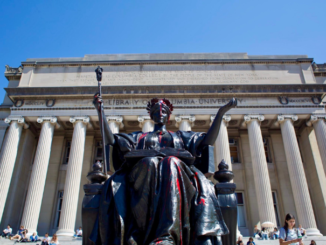
A number of Israeli and international companies are facing the risk of being included on a United Nations blacklist for doing business in Jewish settlements in the occupied West Bank, according to a report.
The companies threatened with inclusion on the UN blacklist include Bezeq telecommunications, Teva Pharmaceutical industries, and beverages giant Coca Cola, Israeli daily Yediot Ahronoth said on Tuesday.
"Despite Israeli and American efforts", indications are that the UN list of businesses involved in illegal Israeli settlements *should* be published next month. https://t.co/xqVjwhuUXU
— Ben White (@benabyad) February 13, 2019
In 2016, the UN Human Rights Council approved a resolution to gather a blacklist of Israeli and international companies operating in the illegal settlements.
Despite Israeli and US pressures, the council is set to release an updated list of the blacklisted companies in March.
UN Takes Steps to Create ‘Blacklist’ of Companies Doing Business with Israeli Settlementshttps://t.co/izSpFZLFlz
— Aaron Klein (@AaronKleinShow) January 4, 2017
Tal Granot-Goldstein, CEO of Hot Telecommunication Systems Ltd, one of the companies facing the blacklist, said in a letter to Israeli Prime Minister Benjamin Netanyahu:
“We believe the inclusion of Israeli companies in the UN Human Rights Council’s blacklist might expose those companies to legal procedures, prompting international corporations to pull out of their investments in Israel.”
She wrote:
“Therefore, we request that the Israeli government and the Foreign Ministry intervene to prevent the publication of this list. Handling this matter is a national interest of the utmost importance.”
Next month, the UN Human Rights Council will publish a much-anticipated blacklist of Israeli companies operating in the West Bank. May include: Coca Cola, Teva, Ahava, Motorola, Rami Levy, Remax, Bank Hapoalim, Bank Leumi
— Dalia Hatuqa (@DaliaHatuqa) February 12, 2019
In January 2018, the UN council identified 206 companies operating in Jewish settlements in the West Bank.
The report said:
“The violations of [Palestinian] human rights associated with the [Israeli] settlements are pervasive and devastating, reaching every facet of Palestinian life.”
It added:
“Owing to settlement development and infrastructure, Palestinians suffer from restrictions on freedom of religion, movement and education; their rights to land and water; access to livelihoods and their right to an adequate standard of living; their rights to family life; and many other fundamental human rights.”
Israel & the Trump administration are working overtime to block the publication of a UN blacklist that would name all the companies that operate in West Bank settlements https://t.co/3ZnNmUKV7X pic.twitter.com/YvS7oNsEBS
— CODEPINK (@codepink) November 27, 2017
Israel occupied the West Bank, including East Jerusalem, during the 1967 Arab-Israeli War. It annexed the entire city in 1980, claiming it as the Jewish state’s “undivided and eternal capital” – a move never recognized by the international community.
International law views the West Bank and East Jerusalem as “occupied territories” and considers all Jewish settlements there as illegal.
(AJE, PC, Social Media)







